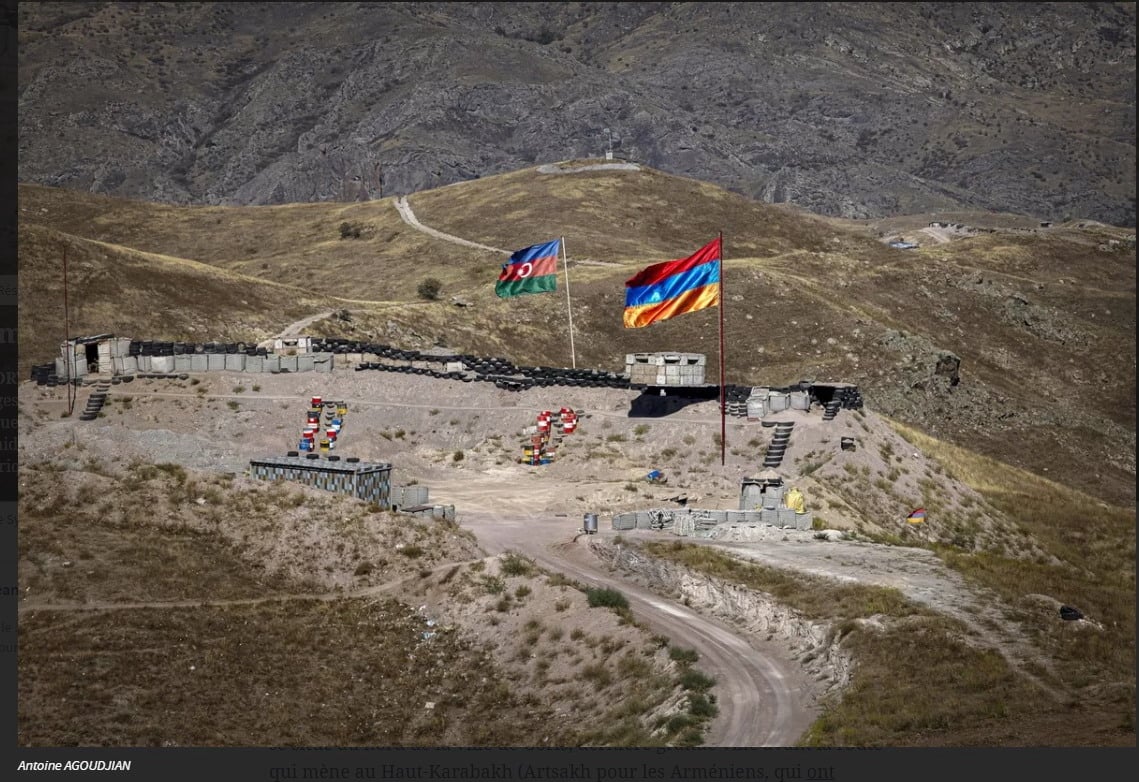
Armenia and Azerbaijan are far from reaching a permanent agreement, says RCW
Last month, several news outlets and international organizations reported that Armenia and Azerbaijan had taken action to finally normalize their relationship. The two countries finalized the language outlined in the “Agreement on Peace and Establishment of Interstate Relations,” and many international observers welcomed this progress, Real Clear World writes.
In the document, the peace agreement vowed that Armenia and Azerbaijan would “open diplomatic relations.” In addition, the treaty stated that “personnel from third [party] countries [would be prevented] from deploying along the Armenia-Azerbaijan border.” This implied that Russian peacekeeping forces would no longer be welcomed.
Following these discussions, government officials from both countries stated that they were ready to sign the agreement. The only item that remains is that Azerbaijan has requested that Armenia rewrite its constitution by removing any references to the Nagorno-Karabakh region. But this is a significant demand. “For nearly four decades, the two countries have fought over this historic territory. Thousands of Armenians and Azerbaijanis have died fighting for the territory, and many more have been injured. Most recently, following the Azerbaijani invasion in the autumn of 2023, over 100,000 Armenians were forced to flee the region,” the website writes. “Many Armenians believe that if Nagorno-Karabakh is ceded to Azerbaijan, this could lead to additional land grabs by their neighbor. Given these reservations, Armenia has opted not to rewrite its constitution.”
The website notes that another development is afoot. According to Armenia’s Ministry of Defense, Azerbaijani forces conducted a military operation where soldiers fired upon an Armenian village. While no casualties were reported, the developments suggest that the two countries are far from reaching a permanent agreement.
Furthermore, there were reports that there have been build-ups in the region. For example, Armenia and Iran recently held joint military exercises near the Armenia-Iran border. Meanwhile, Azerbaijani officials met with their Turkish counterparts to discuss various issues, including matters in the South Caucasus.
Days after the Armenian-Iranian exercises and Azerbaijan’s meeting with Turkey, European authorities announced that there were new growing tensions on the Armenia-Azerbaijan border. Should matters escalate, this could jeopardize the peace talks between Armenia and Azerbaijan. The EU Mission in Armenia (EUMA) issued a statement, noting that it “remains steadfast in its commitment to monitoring the security situation” between Armenia and Azerbaijan. The EUMA also reaffirmed that it would continue “contributing to the safety and stability of communities residing along the Armenia-Azerbaijan border.” The group also said that it has increased its patrols on the border in an attempt to reduce tensions.
“It is critical that the EUMA succeeds in its efforts. Should the group fail to deescalate the situation, this could lead to a renewed skirmish between Armenia and Azerbaijan. It could jeopardize numerous lives, and it could derail the entire peace process between these two countries,” reads the article.
As noted, it is time for the countries to come together to create a platform to settle their differences and find ways to resolve their tensions. It will not be easy, and it will take time and continued cooperation. But the process is crucial and necessary. Otherwise, failure to compromise may lead to additional devastating events in the region.



